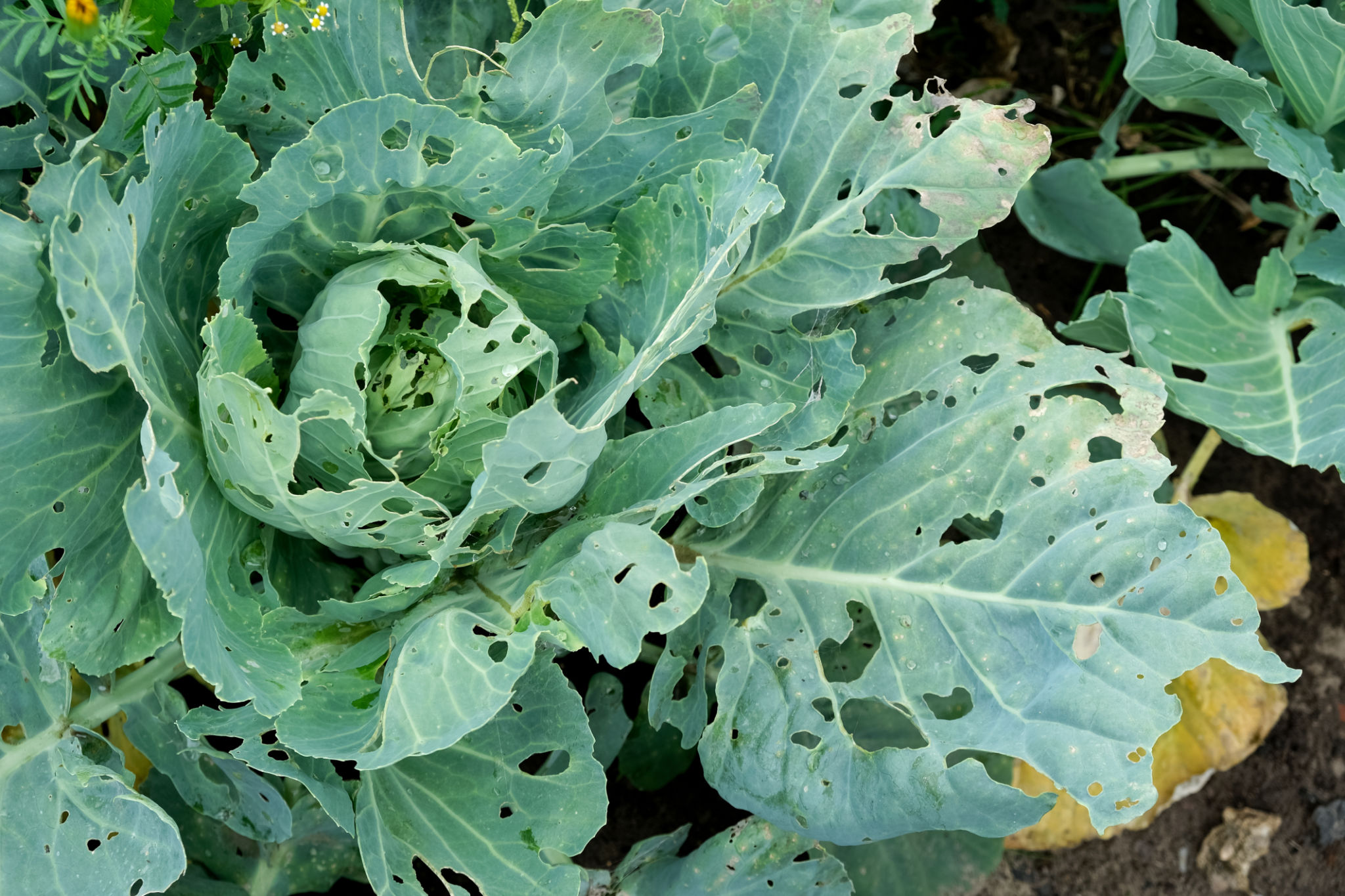Effective Pest Control for Gardens: Protect Your Roseville Outdoor Spaces
Understanding Common Garden Pests
Gardening in Roseville can be a delightful experience, but it often comes with the challenge of dealing with pests. Whether you're growing vegetables, flowers, or maintaining a lush lawn, understanding the common pests in the area is crucial. Among the usual suspects are aphids, slugs, snails, and caterpillars, each causing different types of damage to your plants.

Natural Pest Control Methods
Many gardeners prefer to use natural methods to control pests, which can be just as effective as chemical solutions and are safer for the environment. One popular approach is introducing beneficial insects like ladybugs and lacewings, which naturally prey on harmful garden pests. Additionally, planting herbs such as basil and mint can deter many insects due to their strong scents.
Another effective method is using homemade sprays. A solution made from water, dish soap, and neem oil can help keep pests at bay without harming your plants. It's also essential to regularly inspect your garden for early signs of pest infestations to take action before they spread.
Choosing the Right Chemical Solutions
Sometimes, natural solutions may not be enough to control a severe pest infestation. In such cases, selecting the right chemical pesticides becomes necessary. When opting for chemical treatments, always choose products that are specifically designed for the pests you're dealing with and ensure they are safe for use around your specific plants.

Application Tips for Chemical Pesticides
When using chemical pesticides, timing and application techniques are crucial. It's important to apply them during the early morning or late evening when beneficial insects are less active. Always follow the manufacturer's instructions for dosage and application frequency to minimize any potential harm to your garden ecosystem.
Integrated Pest Management (IPM)
Integrated Pest Management (IPM) is a holistic approach that combines multiple strategies for effective pest control. This method focuses on long-term prevention through biological control, habitat manipulation, and the use of resistant plant varieties. By employing IPM practices, gardeners can reduce reliance on chemical treatments while maintaining a healthy garden.
Steps to Implement IPM
Implementing IPM in your Roseville garden involves several key steps:
- Monitoring: Regularly check your garden for signs of pest activity.
- Identification: Accurately identify pests to choose the most effective control methods.
- Prevention: Use cultural practices like crop rotation and proper sanitation to prevent pest outbreaks.
- Control: Apply targeted treatments only when necessary.
Maintaining a Healthy Garden Ecosystem
A robust garden ecosystem naturally resists pest invasions. Healthy soil is the foundation of a thriving garden, so consider using organic compost to enrich your soil’s nutrient content. Regular watering and proper plant spacing can also help prevent issues associated with overgrown or stressed plants.

The Role of Companion Planting
Companion planting is another effective strategy to maintain a balanced garden ecosystem. By strategically placing certain plants together, you can naturally repel pests and enhance plant growth. For example, marigolds are excellent companions for many vegetables as they deter nematodes and other harmful insects.
Conclusion: Keeping Your Roseville Garden Pest-Free
Protecting your Roseville outdoor spaces from pests requires a combination of vigilance, natural methods, and occasionally, chemical interventions. By understanding the types of pests you're dealing with and implementing a comprehensive pest management plan, you can enjoy a beautiful and productive garden all season long.